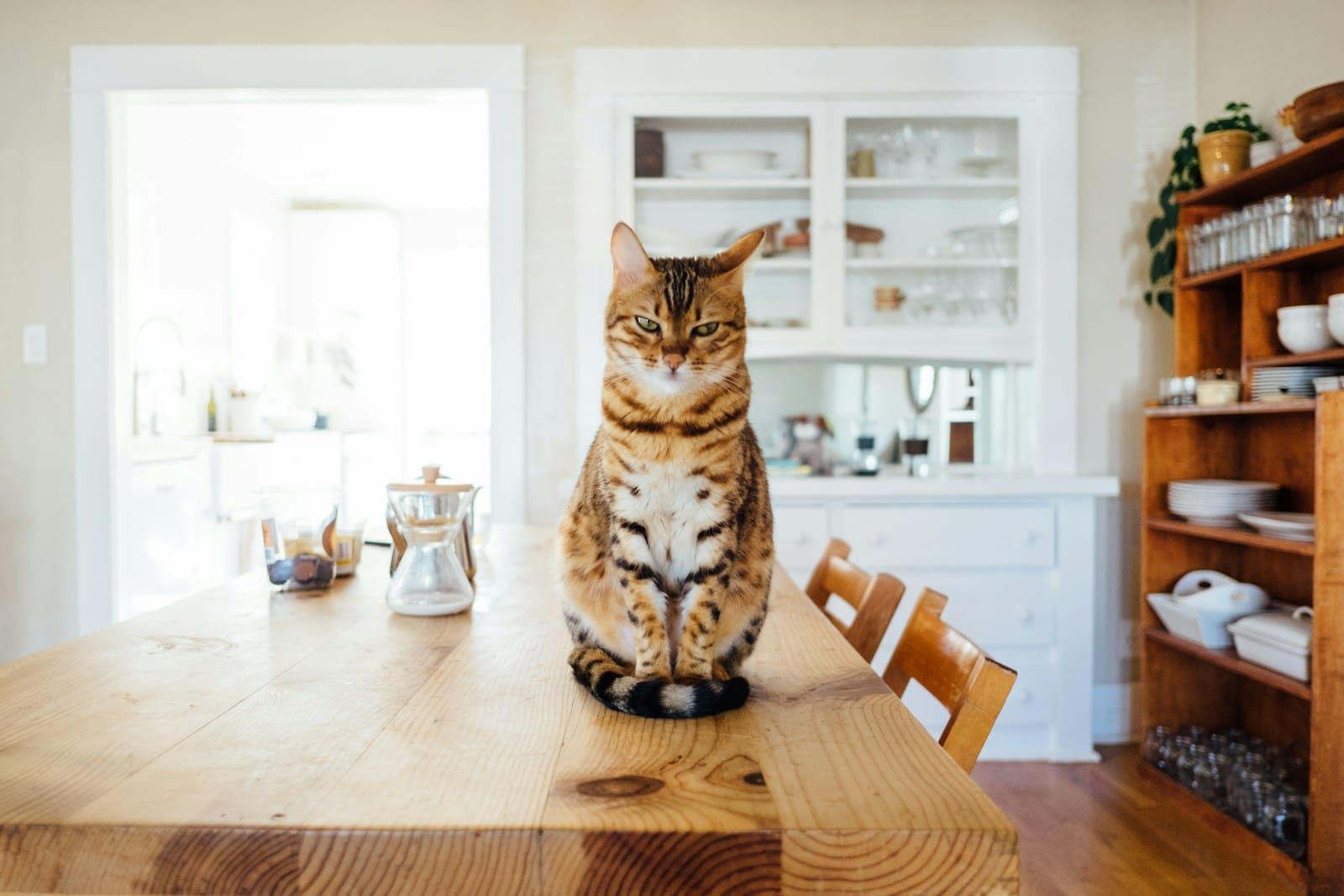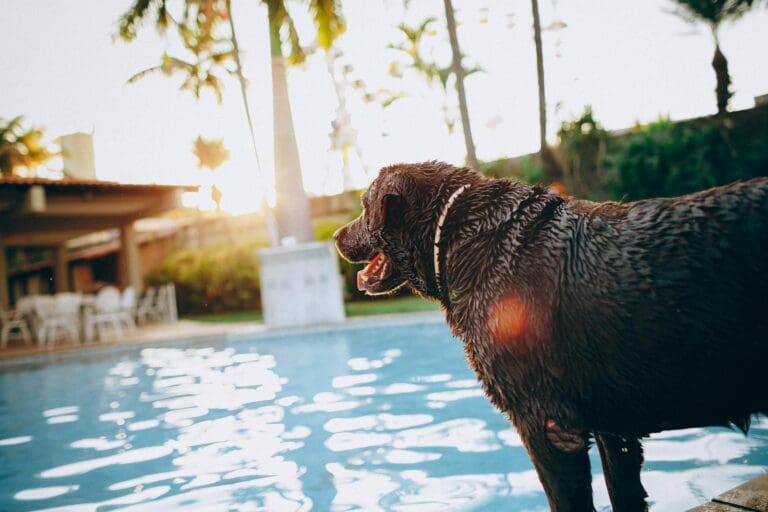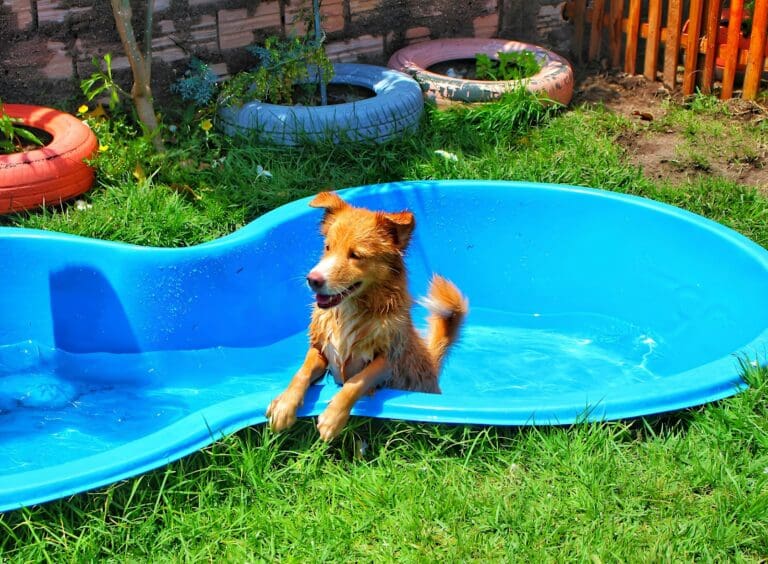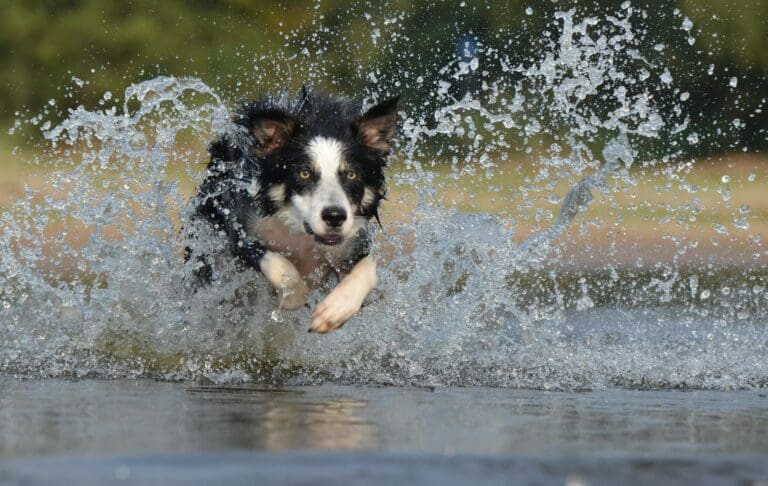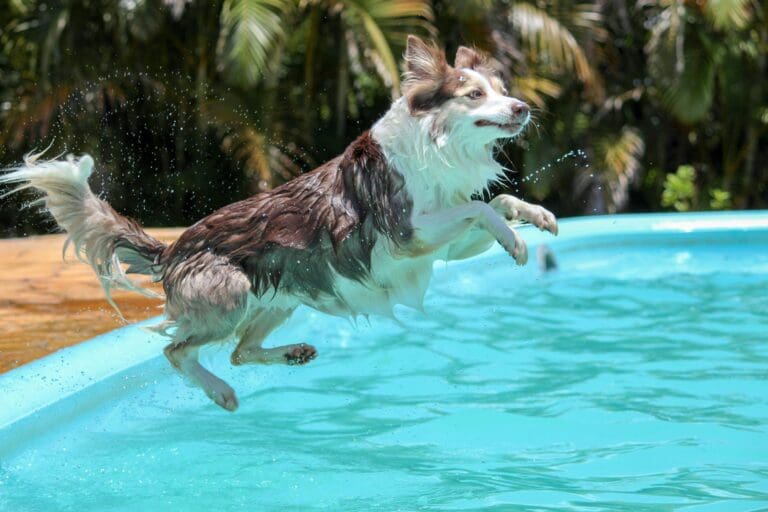Our homes are filled with everyday items we don’t think twice about—but some of them can be surprisingly dangerous for our pets. From common foods to hidden toxins, these household items pose serious risks if ingested or mishandled by curious cats and dogs.
Even the most pet-proofed home can have hazards, so awareness is key. Here are 10 household items that could put your pet at risk, along with safer alternatives to keep your furry friend protected.
1. Sugar-Free Gum and Candy (Xylitol)
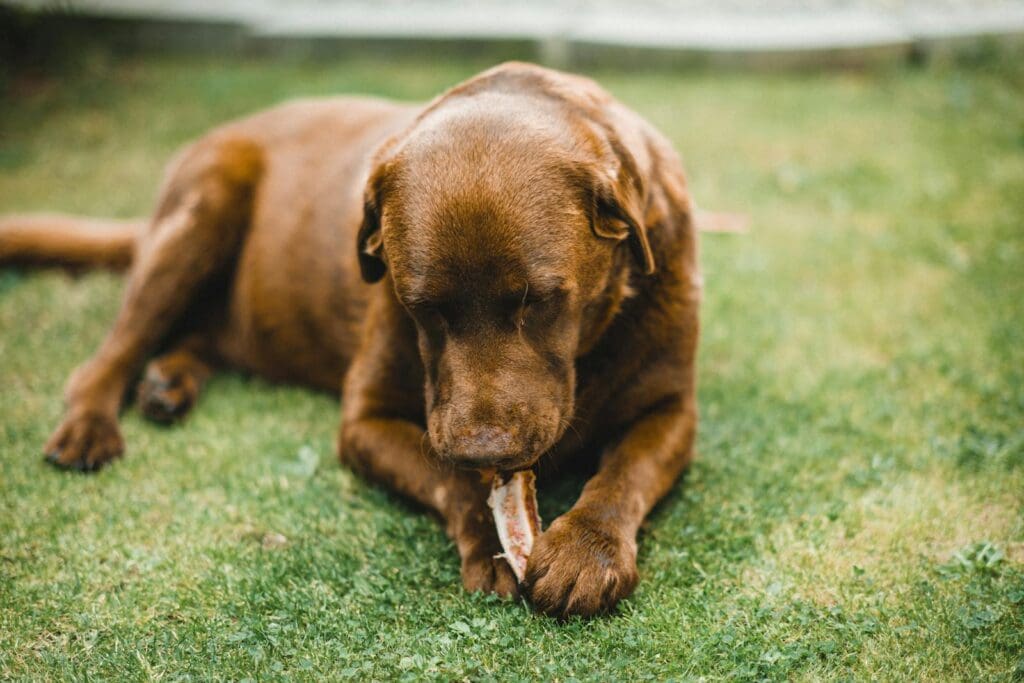
Xylitol, a common sugar substitute found in gum, mints, peanut butter, and some baked goods, is extremely toxic to dogs. Even small amounts can cause a dangerous drop in blood sugar, seizures, and liver failure.
Keep sugar-free products out of reach and always check ingredient labels before giving human food to pets. If your dog ingests xylitol, seek emergency vet care immediately.
2. Essential Oils
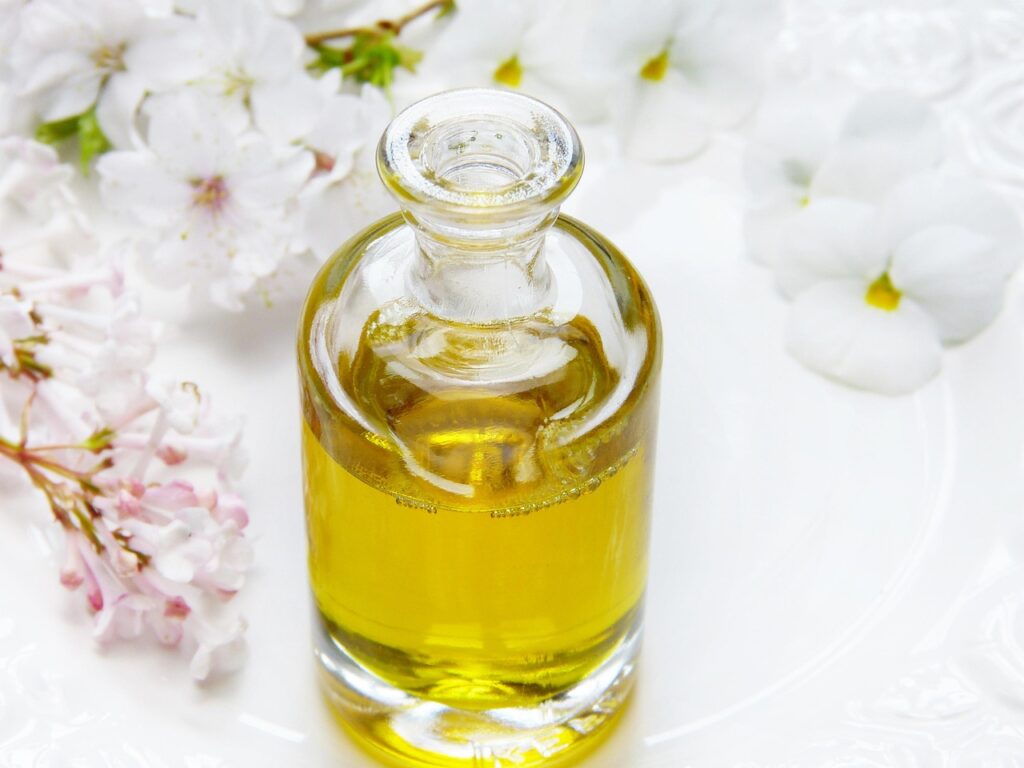
While essential oils can make your home smell great, some are toxic to pets, especially cats. Tea tree, eucalyptus, peppermint, and citrus oils can cause vomiting, drooling, breathing difficulties, and even liver damage.
Avoid using diffusers in areas where pets spend time, and never apply essential oils directly to your pet’s skin.
3. Onions, Garlic, and Chives

Allium vegetables like onions, garlic, and chives are dangerous for dogs and cats, even in small amounts. They can cause red blood cell damage, leading to anemia, weakness, and lethargy.
Since these ingredients are commonly used in cooking, be mindful of dropping scraps on the floor and avoid feeding pets table leftovers.
4. Human Medications
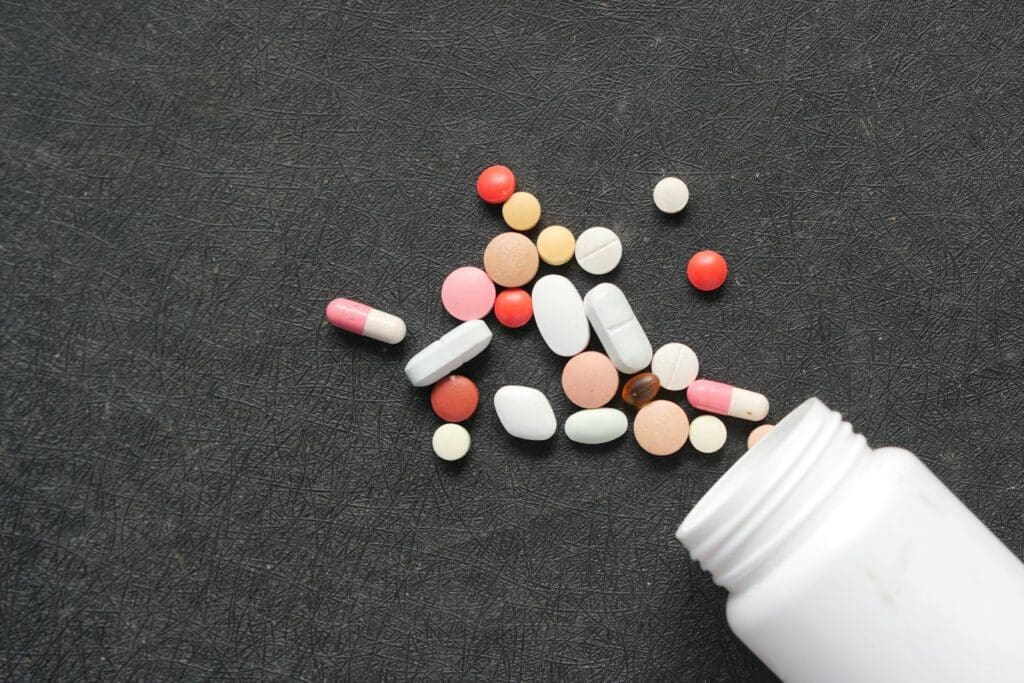
Many common medications—including ibuprofen, acetaminophen, and antidepressants—can be deadly to pets. Even one pill can cause severe toxicity, leading to kidney failure, ulcers, or neurological damage.
Always store medications in sealed containers and out of reach. If your pet accidentally ingests a pill, call your vet or pet poison hotline immediately.
5. Cleaning Products
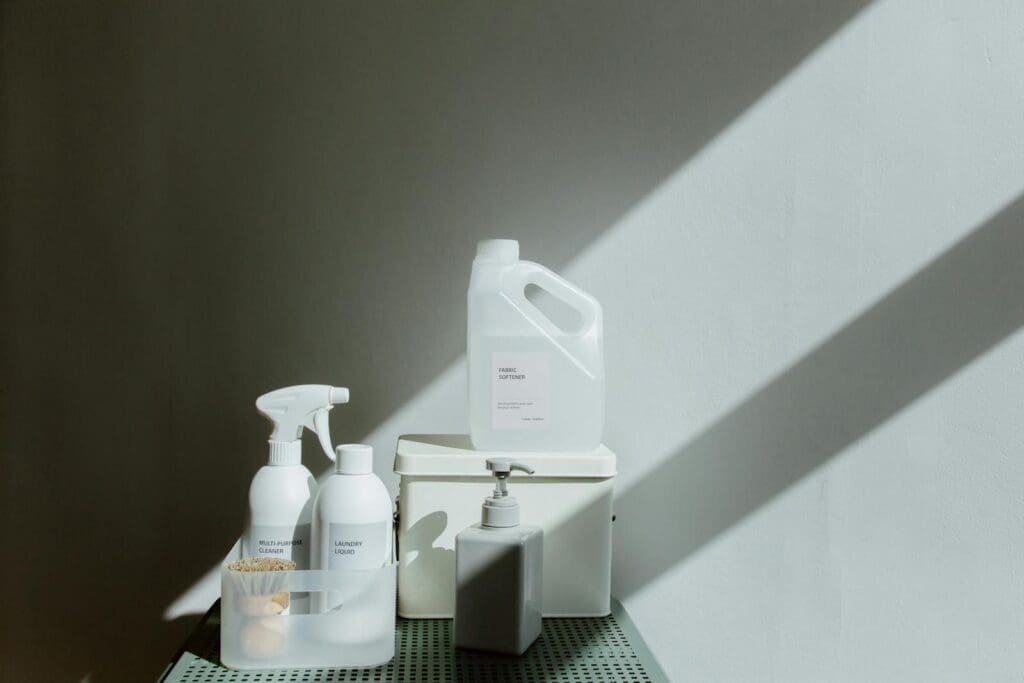
Many household cleaners contain bleach, ammonia, or phenols, which can be toxic to pets if inhaled, licked, or absorbed through the paws. Even “natural” cleaning products can be harmful if not pet-safe.
Opt for pet-friendly cleaners and always keep pets away from freshly cleaned surfaces until they are fully dry.
6. Grapes and Raisins
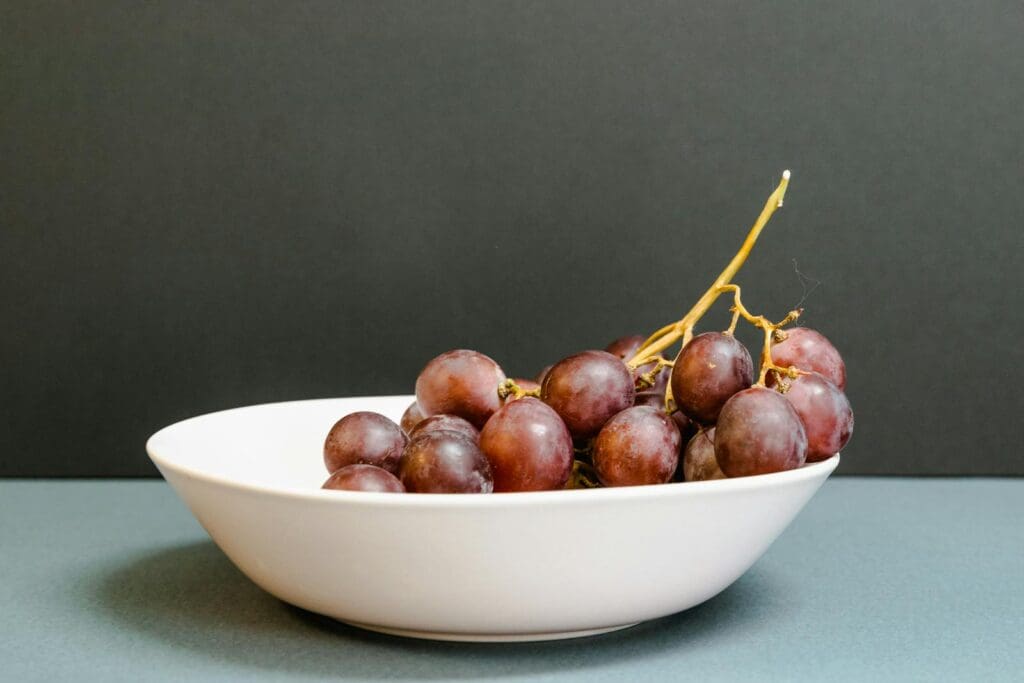
Grapes and raisins might seem like harmless snacks, but they can cause sudden kidney failure in dogs. Even a small amount can lead to vomiting, diarrhea, lethargy, and life-threatening kidney damage.
If your dog eats grapes or raisins, seek veterinary care immediately—early intervention is critical.
7. Electrical Cords and Chargers
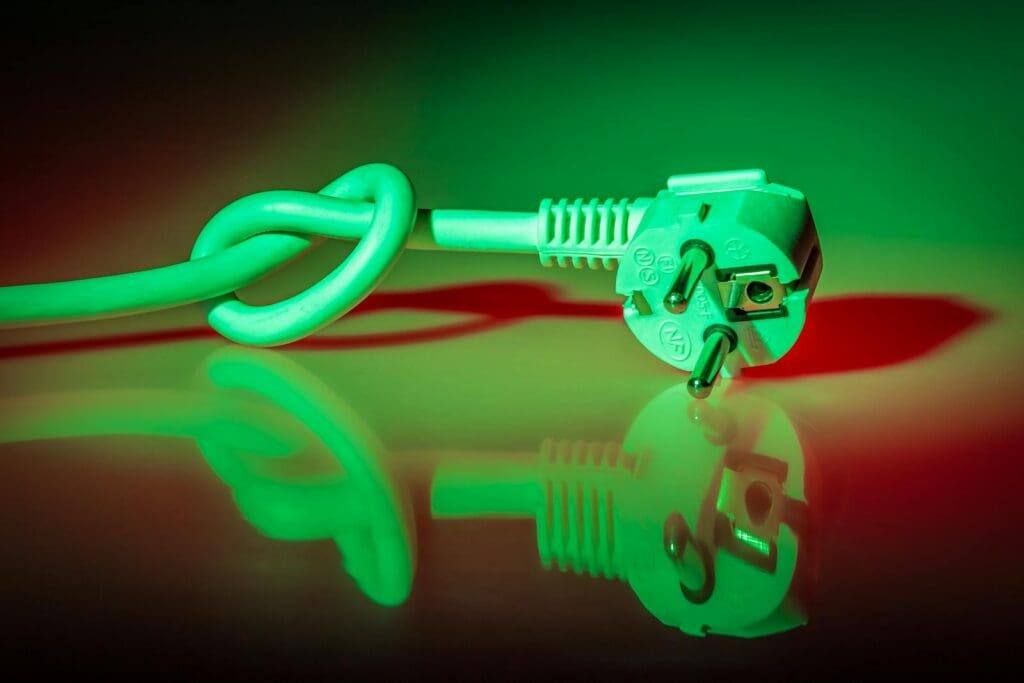
Puppies and kittens love to chew, and exposed electrical cords can lead to dangerous shocks, burns, or even electrocution.
To prevent accidents, use cord protectors, keep chargers unplugged when not in use, and provide safe chew toys to redirect their attention.
8. Coffee, Tea, and Caffeine Products

Caffeine, found in coffee, tea, chocolate, and energy drinks, can be toxic to pets, causing restlessness, heart palpitations, tremors, and even seizures.
Keep mugs and caffeine-containing products out of reach, and never let pets lick up spills.
9. Lilies and Other Toxic Houseplants

Many houseplants are toxic to pets, but lilies are especially dangerous for cats. Even a small nibble of a lily leaf, stem, or pollen can cause kidney failure. Other toxic plants include pothos, aloe vera, and philodendrons.
Before bringing new plants home, check if they are pet-safe. If you have toxic plants, keep them completely out of reach or replace them with non-toxic alternatives.
10. Cooked Bones

It’s a common myth that dogs should chew on bones, but cooked bones—especially from poultry—can splinter easily. These sharp fragments can cause choking, intestinal blockages, or internal injuries.
If you want to treat your pet, opt for vet-approved chew toys or raw bones that are safe for pets to consume under supervision.
Keeping your home pet-safe doesn’t mean eliminating every risk, but knowing these hidden dangers can help you take precautions. A little extra awareness can go a long way in protecting your furry family members from harm!

